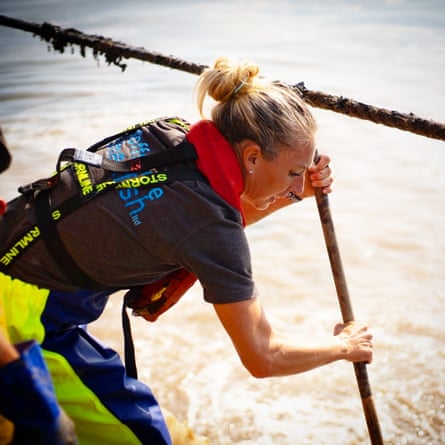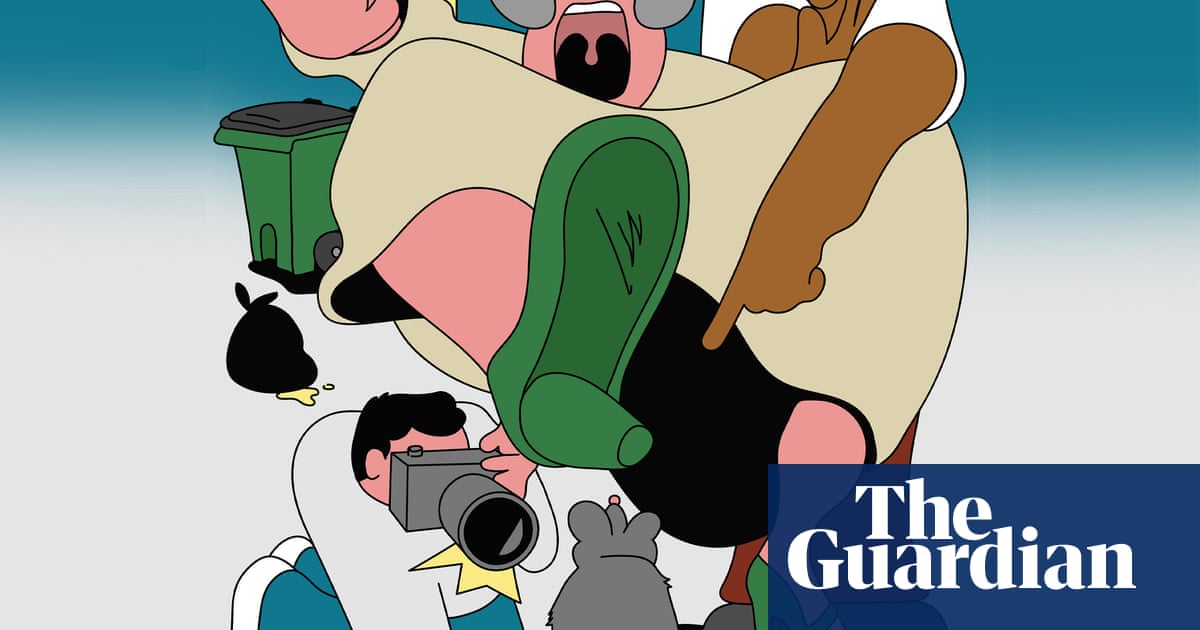One of Britain’s largest mussel exporters has suffered a £150,000 loss, after three of its shipments to the EU were rejected in recent weeks by French customs.
Family-run business Offshore Shellfish, based in Devon, has continued exporting blue mussels to its European customers since Brexit, despite the administrative burden and onerous paperwork requirements.
However, the past month has seen three out of four lorries prevented from entering the EU by customs officials at the port of Boulogne-sur-Mer for various reasons, which the company’s commercial director Sarah Holmyard called “subjective and inconsistent”.
“We have sent hundreds and hundreds of loads since Brexit. We’ve never had a single one rejected,” Holmyard told the Guardian. “We’ve had a couple of paperwork issues, but we’ve never had our mussels rejected and now in the last month we’ve had three loads rejected.”
The mussels are grown on ropes in the waters of Lyme Bay, several miles off the coast of south Devon.
The company exports the vast majority of what they grow, sending them for processing in the Netherlands, with most ending up in restaurants or on supermarket shelves in Belgium where they are a key ingredient in one of its national dishes: moules-frites. Few Belgian diners may realise some of the bowls of mussels and french fries they regularly enjoy contain molluscs grown across the Channel.
All three rejected loads had to be destroyed, at the company’s cost.
The rejected shipments did not differ from previous deliveries, Holmyard said, leaving the company confused and suffering from the unexpected financial hit.
“It’s completely subjective and it’s inconsistent, which means you can’t plan for it. It’s just a lottery at the moment whether they get through or not, and we absolutely can’t run a business in that way because it’s too uncertain.”
Since Brexit, deliveries of animal and plant products between Britain and the EU have required health and veterinary checks, supplemented by paperwork, and have been subject to stringent inspections at the border as a part of sanitary and phytosanitary (SPS) controls.

Live mussels, oysters, scallops, cockles and clams – classified as “live bivalve molluscs” – are subject to especially stringent EU rules. They can only be imported to the bloc without treatment if they come from waters deemed of the highest quality, which is not the case for most of the water in England and Wales, although Offshore Shellfish’s farms are in waters which are considered “class A” for most of the year.
As a result, shellfish exporters, and other food producers are seen as some of the main beneficiaries of the “reset” deal between Keir Starmer’s government and the EU announced in May, which is designed to remove the need for SPS checks.
British diners do not have the same appetite for homegrown shellfish like mussels as their continental counterparts, and the vast majority of shellfish and other seafood caught in UK waters is exported to Europe.
Negotiations are expected to begin this month, with the aim of a deal being implemented in 2027. This is viewed as too long a wait by many in the shellfish industry.
In the meantime, Holmyard and other food exporters in the UK shellfish industry have reported an increase in border checks, and even rejections of their produce on the European side of the Channel, since the reset was announced.
“The cited reason [for the rejection of two lorries] was that they hadn’t been properly washed. But they came out of clean water and they were washed,” Holmyard said.
“I think, and I’m not alone in thinking this, that it is political,” she added, given that their produce had only been rejected after the announcement of the reset of UK-EU relations.
The French customs service did not provide a comment.
The Guardian understands the UK government is not aware of a significant increase in rejections of British goods of animal or plant origin entering the EU.
A government spokesperson said: “We are focused on negotiating an SPS deal that could add up to £5.1bn a year to our economy, by cutting costs and reducing red tape for British producers and retailers.
“We continue to engage with industry and EU border teams to maintain trade whilst protecting our biosecurity.”
Mussel growers like Offshore Shellfish don’t tend to harvest the molluscs during the summer – between April and August – when the mussels are spawning and then recovering. The seizure of the deliveries sent to the continent happened right at the start of the export season, when the company expected to start earning money again from sales.
Offshore Shellfish was set up by Holmyard’s father John, who has been farming mussels for 30 years. The company has been holding talks with French officials in the hope of resolving export challenges.
After negotiations by the Holmyards, their Dutch partners and the UK government, the authorities in Boulogne-sur-Mer have agreed to be more flexible in how they interpret the rules. However, this has not yet been put to the test and the company hopes to start exporting again soon.
“We’ve lost a lot of money in the last few weeks just on these failed loads and it’s not something we can continue to do,” said Holmyard. The company is also concerned that it might lose its customers if repeated failed deliveries give it a reputation for being unreliable.
“It’s a lot of food waste and live animal waste, at a time both nations [France and the UK] are meant to be looking at food security,” she said.

.png) 3 hours ago
6
3 hours ago
6

















































